A study published in the American Journal of Agricultural Economics found that the average U.S. household wastes nearly 32% of food each yer. At Misfits Market, we’re doing our part by rescuing food that would otherwise go to waste. However, there are still some easy things to do at home to eliminate even more waste, like following FIFO, meal prepping, and properly storing partially used produce so it makes its way back onto your plate and instead of the trash.
Watch now for our favorite produce storage hack using an ingredient everybody has at home: water!
And keep reading for even more of our favorite food storage hacks. Think: a surprising way to save half an avocado, a few ways to make fresh herbs last as long as possible (and then some), an easy tip to revive nearly-gone root veggies, and more.
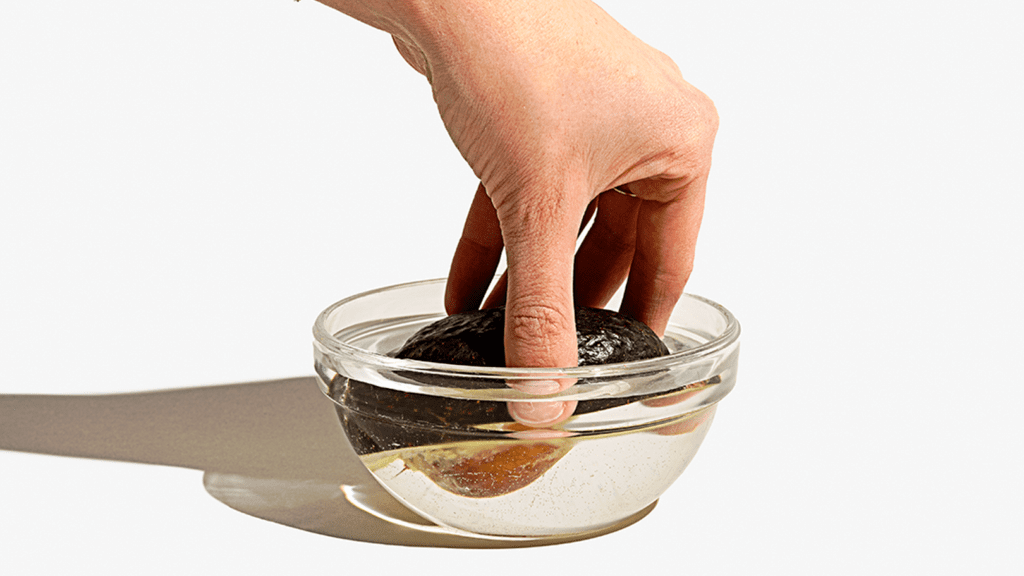
Avoid brown avocados by keeping them in water.
You know the eternal struggle: You only need half an avocado and you don’t want the other half to prematurely brown and ultimately go to waste. The lemon juice method helps a bit in a pinch, but it only protects the top layer from browning. What we like to do is place the remaining half of the avocado in a bowl of water—only an inch or two so that it just covers the cut portion—then stick it in the fridge. This trick will keep serious browning at bay. Just be sure to use it up within 2-3 days of storing.
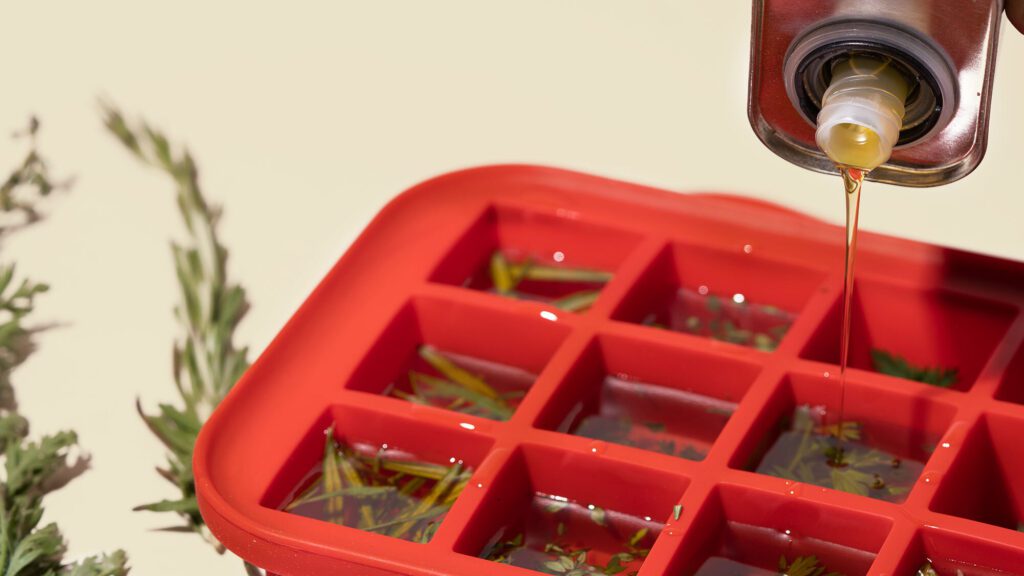
Freeze fresh herbs in oil.
We love fresh herbs but they often teeter between perfectly fresh and perfectly not-so-fresh. There are a few ways to make freshly-chopped herbs last longer but none as quick and easy as freezing them in an ice cube tray full of olive oil. It preserves the freshness of the herbs and makes for an easy cooking starter whenever you need oil and herbs for a dish. Learn how here.
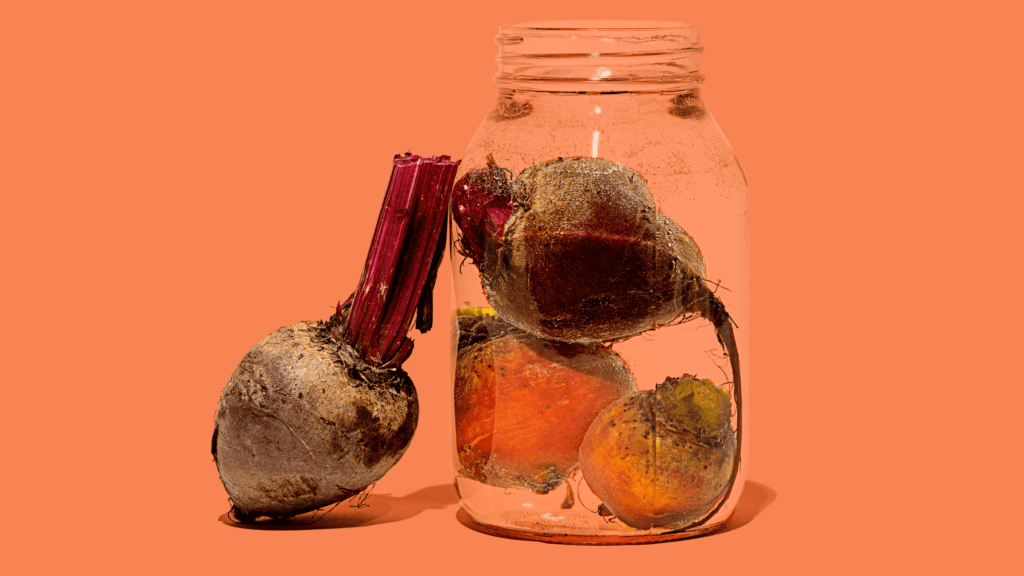
Revive soft root veggies and wilted lettuce with water.
Got wilted greens? Soft carrots and beets? Eliminate even more food waste by bringing your produce back to life—it’s possible! To start: trim and hydrate. If your fruits and veggies are a little too soft or have gone limp, a little bit of water can help a lot. Learn more about which fruits and veggies can be brought back to life in a simple water bath here.
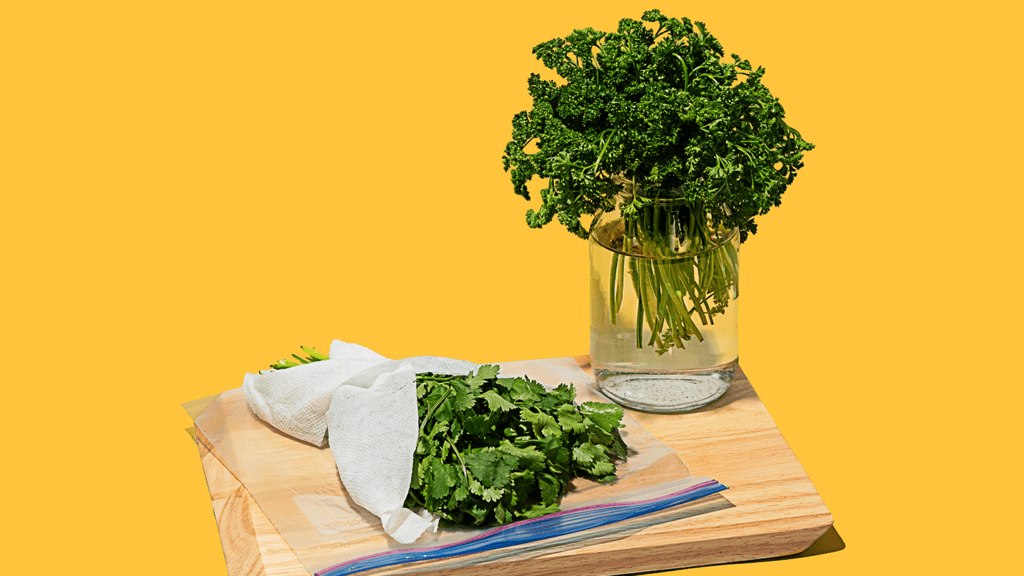
Store leafy herbs like flowers.
We love herbs, but they’re one of the tougher kinds of produce to make last, especially since they’re often used in smaller amounts. Our two favorite methods for storing them in your fridge are super simple and help delicate herbs stay fresher longer. The first option is to lightly wrap them in a damp paper towel and stash them in a reusable zip-top bag. The second: Simply store herbs upright with stems submerged in a jar of water. (Change the water as it becomes cloudy as you would a floral bouquet.) Both methods help keep sensitive items hydrated and fragrant. Note: This method also works for veggies like carrots and celery, too.
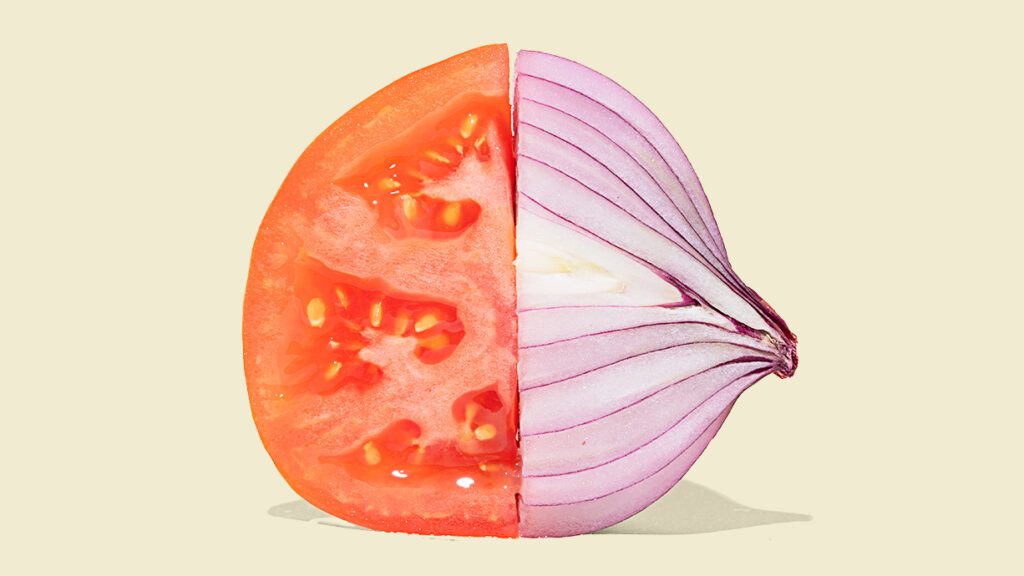
Don’t store certain fruits and veggies together.
When it comes to the ripening process and fresh produce, all fruits and veggies fall into one (or more) of three categories: ethylene producers, ethylene sensitive, and not ethylene sensitive. Avoid storing ethylene producers near anything that’s ethylene-sensitive. Why? Ethylene speeds up ripening—and rotting—process, effectively increasing the likelihood of spoilage and food waste. Learn more about which fruits and veggies to avoid storing near each other here.
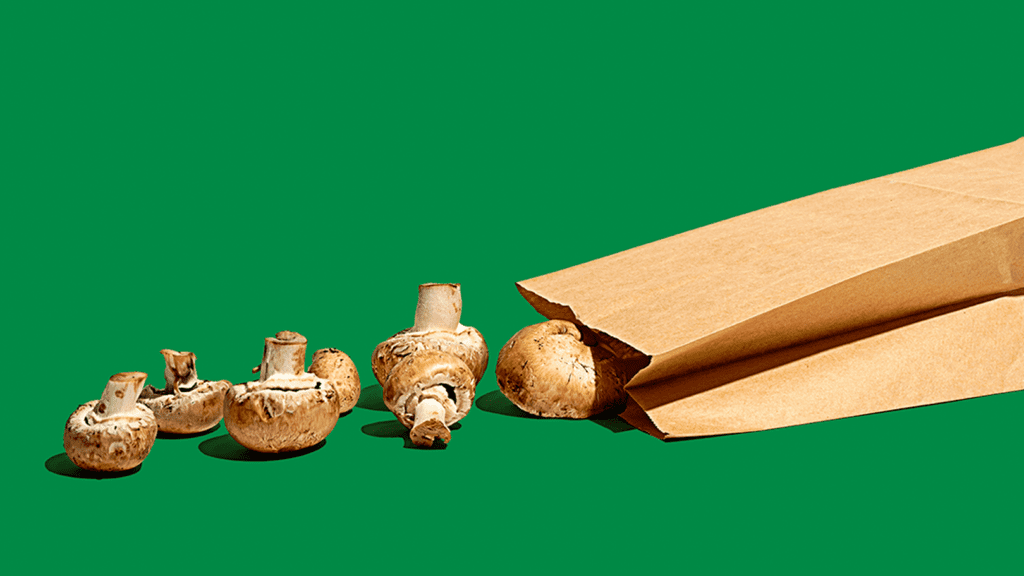
Store mushrooms in a paper bag.
Make those mushrooms last. If you’re storing them in a carton in your fridge, you’ve probably noticed they might get slimy, or even dried out, before you can enjoy them. Why? Moisture—mushroom’s enemy. There’s a better way! Simply place them, unwashed, in a brown paper bag and then put them in the fridge. The paper bag absorbs moisture so they stay fresh for up to 7 days.
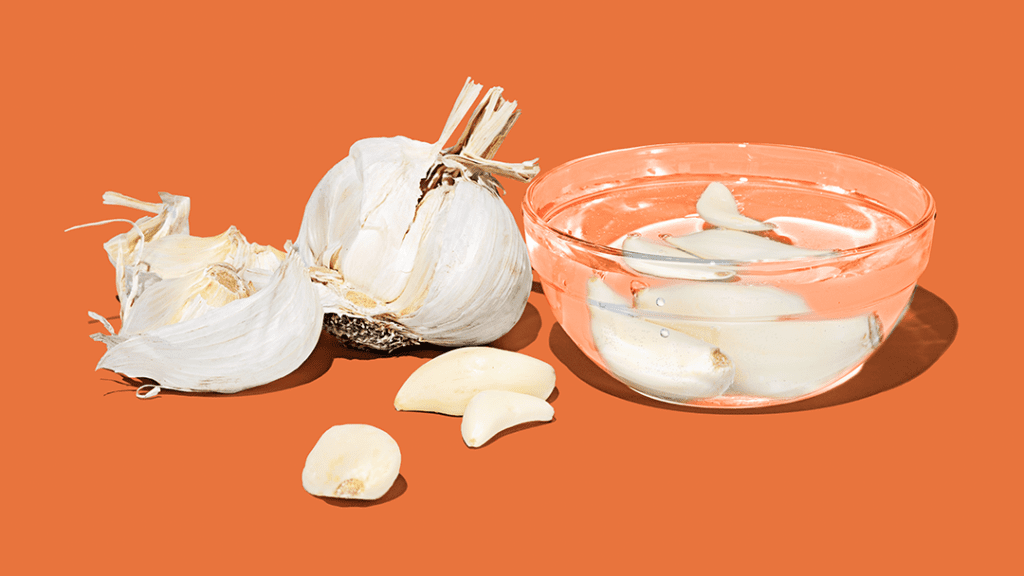
Pickle whole cloves of garlic.
Although garlic can last weeks when stored properly, there’s still one way to make it last for months: pickling. You can use pickled garlic in place of fresh in most recipes. Learn how to pickle all kinds of fresh veggies here.

What produce shouldn’t be stored together?
| There’s a reason for the phrase “one bad apple spoils the bunch!” Ethylene-producing fruits like apples, bananas, mangoes, peaches, and honeydew melons should never be stored together. They should also not be stored next to other fruits and vegetables sensitive to this compound, like avocados and onions. If you do, you might cause early spoilage and increase your food waste. If you do see any of signs of spoiling, remove the perpetrato so it doesn’t spoil the rest. |
Related:
